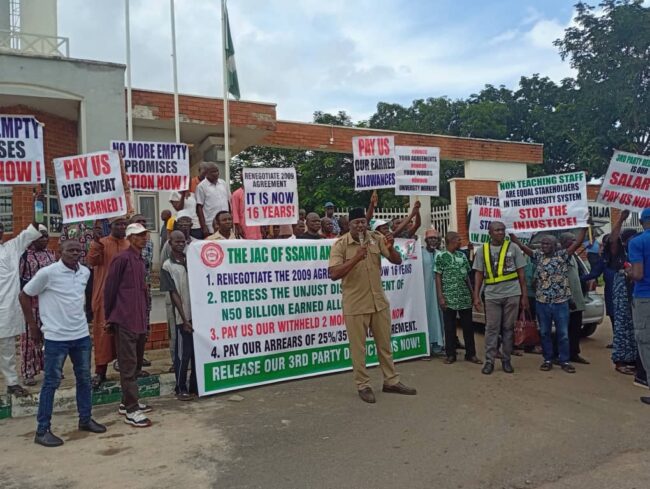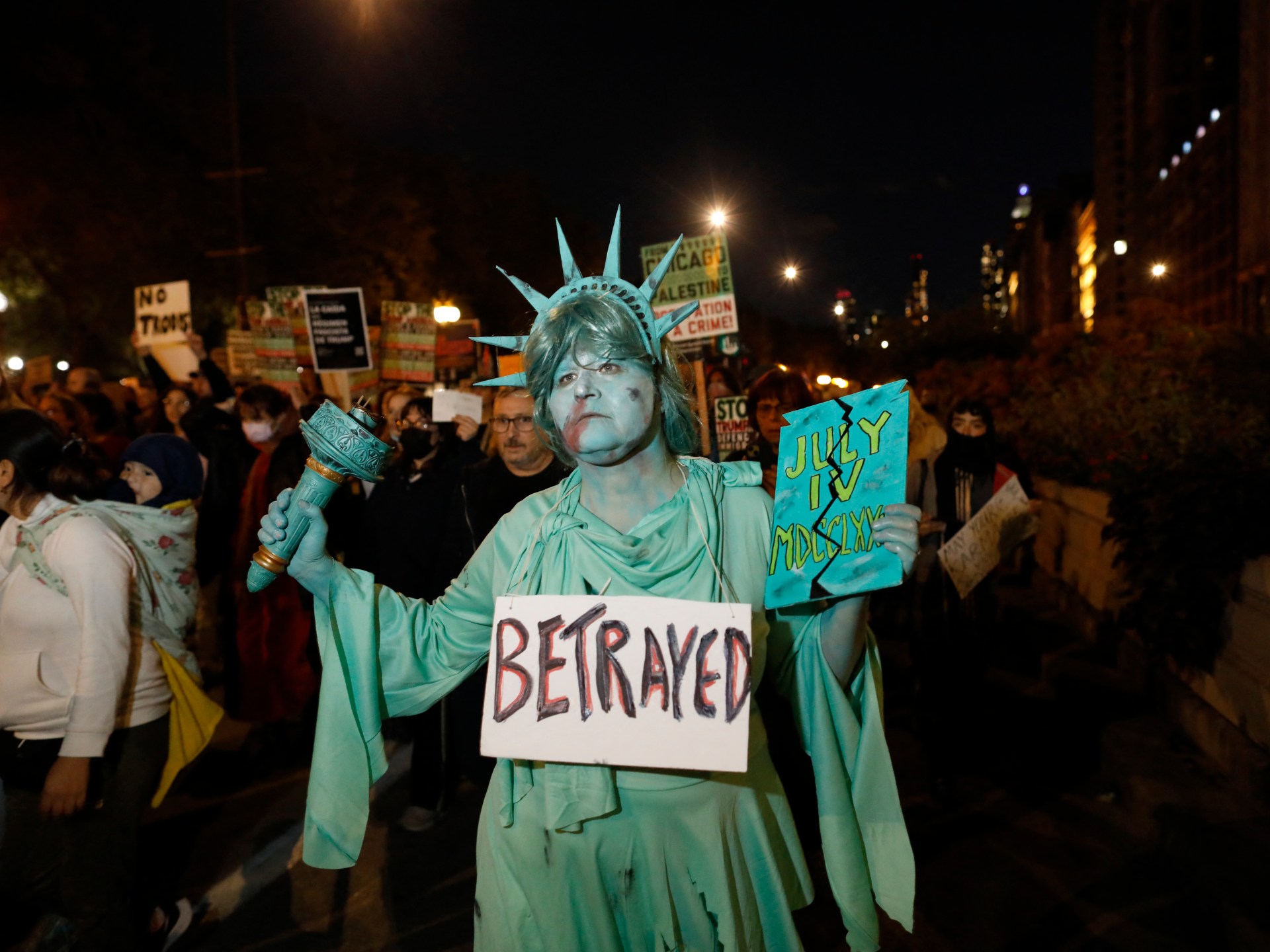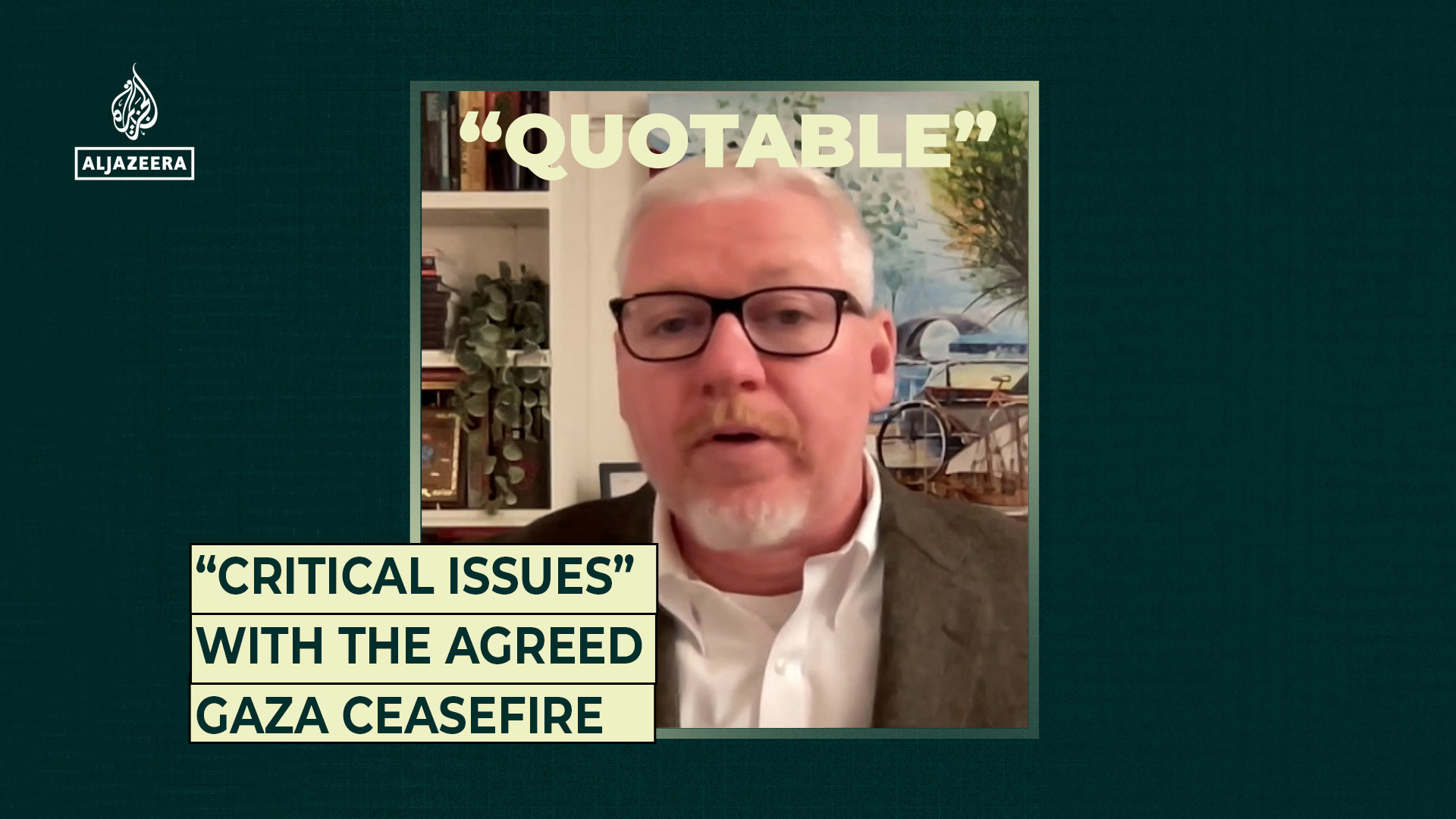A hot discussion topic in Afghanistan these days is the extreme crime allegedly plaguing various cities in the United States, most of them Democratic-led ones.
This, at least, is one of the notions to have recently emerged from the brain of US President Donald Trump, as justification for his efforts to unleash the National Guard on the city of Chicago, Illinois: “It’s probably worse than almost any city in the world. You could go to Afghanistan, you can go to a lot of different places, and they probably marvel at how much crime we have.”
In reality, of course, a lot of folks in Afghanistan and other “different places” are probably marvelling at the fact that the country that has made a name for itself illegally waging war across the world is now illegally waging war on its own cities.
As Trump himself put it: “We should use some of these dangerous cities as training grounds for our military.” Never mind that the military is intended for use abroad – the president has detected an “enemy within”.
Currently in the Trumpian crosshairs are Chicago and Portland, Oregon, both of which the administration has labelled as “war zones”. And what better way to will a war zone into being than by sending in the military?
Notably, the two heavily Democratic cities have played host to significant public protests over Trump’s sadistic immigration crackdown, with peaceful protesters – pardon, “enemies within” – being on the receiving end of tear gas, rubber bullets, and other treats courtesy of US forces of law and order. And yet people wouldn’t be protesting in the first place had Trump not authorised US Immigration and Customs Enforcement (ICE) to wantonly eviscerate rights and rip communities apart.
But without such protests and other “civil disturbances”, there would be no excuse for rampant militarisation by Commander-in-Chief Trump, who would then have so much extra money on his hands that he might have to invest in, I dunno, healthcare or education.
In June, Trump deployed thousands of National Guard troops as well as hundreds of US Marines to Los Angeles, California, to help combat protests against ICE’s manic immigration raids. A US district judge subsequently ruled that the Trump administration had wilfully violated federal law in doing so.
Then in August, Trump imposed federal control on the local police force in the nation’s capital of Washington, DC, and mobilised 800 National Guard troops, ostensibly to fight “out of control” crime levels. As everyone pointed out, however, crime in DC was in fact down.
But there’s nothing like the sight of the military patrolling the streets to keep Americans in line – and living in fear.
In the case of Portland, Trump’s militarised vision has been stymied for the moment by a federal judge – appointed by Trump himself, no less – who temporarily blocked the administration’s move to send National Guard troops from California into Oregon.
Trump’s appointed “hellhole” of Chicago, on the other hand, looks poised to receive the Trumpian treatment sooner rather than later, as hundreds of National Guard troops from Texas arrived in Illinois on Tuesday despite legal challenges. A lawsuit filed on October 6 by the state of Illinois and city of Chicago argued that “the American people, regardless of where they reside, should not live under the threat of occupation by the United States military, particularly not simply because their city or state leadership has fallen out of a president’s favor”.
Trump has warned that, if necessary, he will not hesitate to invoke the Insurrection Act, a federal law dating from 1807 that would effectively permit military occupation whether state and city officials like it or not. The last usage of said act took place in 1992 under then-president George H W Bush, who whipped it out in response to unrest in Los Angeles following the acquittal of four white police officers in the beating of a Black man named Rodney King.
Again, the unrest never would have happened had US forces of law and order not engaged in egregiously criminal behaviour. From any objective standpoint, the solution to abuses committed by armed representatives of the state is not the deployment of more armed representatives of the state.
Meanwhile, Chicago and Portland are hardly the end of Trump’s list of targets, which comprises many more “dangerous cities” that can potentially be used “as training grounds for our military.” But as journalist Melissa del Bosque reveals in a recent dispatch for the Border Chronicle, the Texas-Mexico frontier is already being utilised as just such a training venue.
Since Republican governor of Texas and anti-immigrant extraordinaire Greg Abbott launched “Operation Lone Star” in 2021, del Bosque writes, Democratic-leaning Texas border communities have “been occupied by National Guard troops deployed by Republican-led states, including Tennessee”. Over the past four-and-a-half years, “Abbott and other MAGA-aligned governors have spent billions of taxpayer dollars to send troops and police to the border,” with Operation Lone Star serving “as a testing ground for Trump’s mass-deportation campaign and for his troop deployments”.
As border militarisation now spreads to the country’s interior, the MAGA crowd is urging the Trump administration to simply ignore court rulings that impede his National Guard Deployments. And as the US becomes a post-legal testing ground for total control by Trump, they may even be talking about it in Afghanistan.






